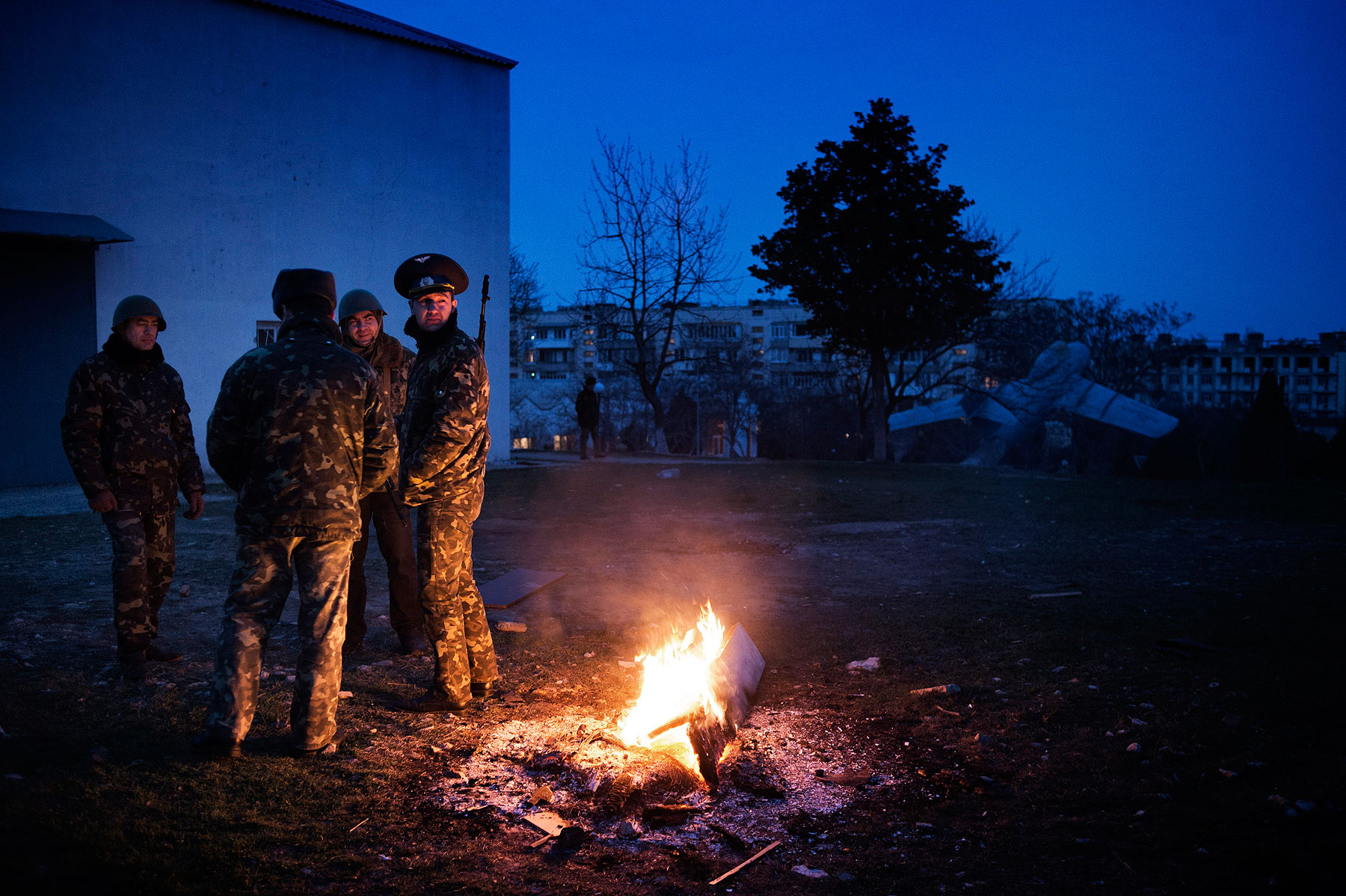
With Russian President Vladimir Putin seizing control of Ukraine’s Crimean Peninsula, many people around the world must be wondering, “Where, in Putin’s mind, does Russia end?” The answer is that it ends where the U.S. begins.
This is because, for Putin and his domestic allies, the European Union is nothing more than the backyard of the U.S. When Russian Senators voted in favor of sending troops into Ukraine, one lawmaker claimed that the protesters in Kiev’s Independence Square who ousted the pro-Russian government of Viktor Yanukovych had been trained in Eastern Europe with U.S. money. Thus seizing Crimea—where ethnic Russians make up some 60% of the population of 2 million, with ethnic Ukrainians and Crimean Tatars accounting for the remainder—was an attempt to prevent the whole of Ukraine falling into the hands of the Americans. The protection of the peninsula’s ethnic Russian population was just the official explanation.
The move wasn’t surprising. Ever since Ukraine’s independence from the Soviet Union in 1991, Russian politicians have flown into Crimea to make pre-election speeches and whip up pro-Russian sentiment, with only rare notes of protest from Kiev. Yuri Luzhkov, the former mayor of Moscow, built new apartment blocks in the Crimean city of Sevastopol. (When he lost his position, some pro-Russian groups wanted him to be given a post in Sevastopol.)
But what happens now that Russia has turned a close relationship into an occupation? There are only three possibilities: Russia simply says sorry and leaves; it stays in Crimea; or it moves farther inland, occupying southern and eastern parts of Ukraine.
Knowing Putin, a man not given to acts of contrition, we can immediately exclude the first possibility. Given the manner and speed with which it was executed, it seems likely that the plan to seize the peninsula was worked out in advance, with only the Winter Olympics in Sochi preventing Putin from acting earlier.
A drawn-out occupation of Crimea is possible, but it would be challenging. Apart from the financial cost, Russia would have to consider the logistical complications of such a move. The fact is that the Crimean Peninsula depends on neighboring regions of Ukraine for gas, electricity and, most important, drinking water. Supplying these resources via Russia would not be possible, at least in the short term. Building the infrastructure needed would cost money and time, and would prove a burden on the Russian state.
So, what can Russia do? The only remaining option is for Russian troops to push farther into Ukraine—into Kherson, a region north of Crimea with practically no pro-Russian elements, and then to move farther east to the more pro-Russian regions of Zaporizhia, Dnipropetrovsk, Kharkiv, Donetsk and Lyhansk.
Would Russia go farther along the south coast of the country, cutting it off from the Black Sea? It’s possible, though such an excursion would call for a huge commitment of resources.
Further complicating the picture for Putin are the gas pipelines that run from Russia to Europe via these Ukrainian regions. Problems there would impact European countries like France and Germany, further increasing tensions between Russia and the West. Issues with the supply of gas would raise the possibility of a larger confrontation with Moscow on one side and Europe and the U.S. on the other.
It’s obvious, then, that Putin’s maneuver is fraught with risks. In Russia, Crimea is called the Pearl of the Black Sea. But holding on to this peninsula, which has no oil, no useful minerals and no industry, won’t be easy for Moscow. Crimea is reliant on tourism, and the tourist season there is short—only a little longer than three months. As the occupation scares off tourists, it is Russia that will have to shoulder the cost of falling revenues if it refuses to leave.
And so, as he ponders his next move, Putin must realize that while Ukraine can live without Crimea, it’s doubtful that Crimea can survive without Ukraine.n
Kurkov is a Ukrainian writer and the author of the critically acclaimed novel Death and the Penguin
More Must-Reads from TIME
- Cybersecurity Experts Are Sounding the Alarm on DOGE
- Meet the 2025 Women of the Year
- The Harsh Truth About Disability Inclusion
- Why Do More Young Adults Have Cancer?
- Colman Domingo Leads With Radical Love
- How to Get Better at Doing Things Alone
- Michelle Zauner Stares Down the Darkness
Contact us at letters@time.com